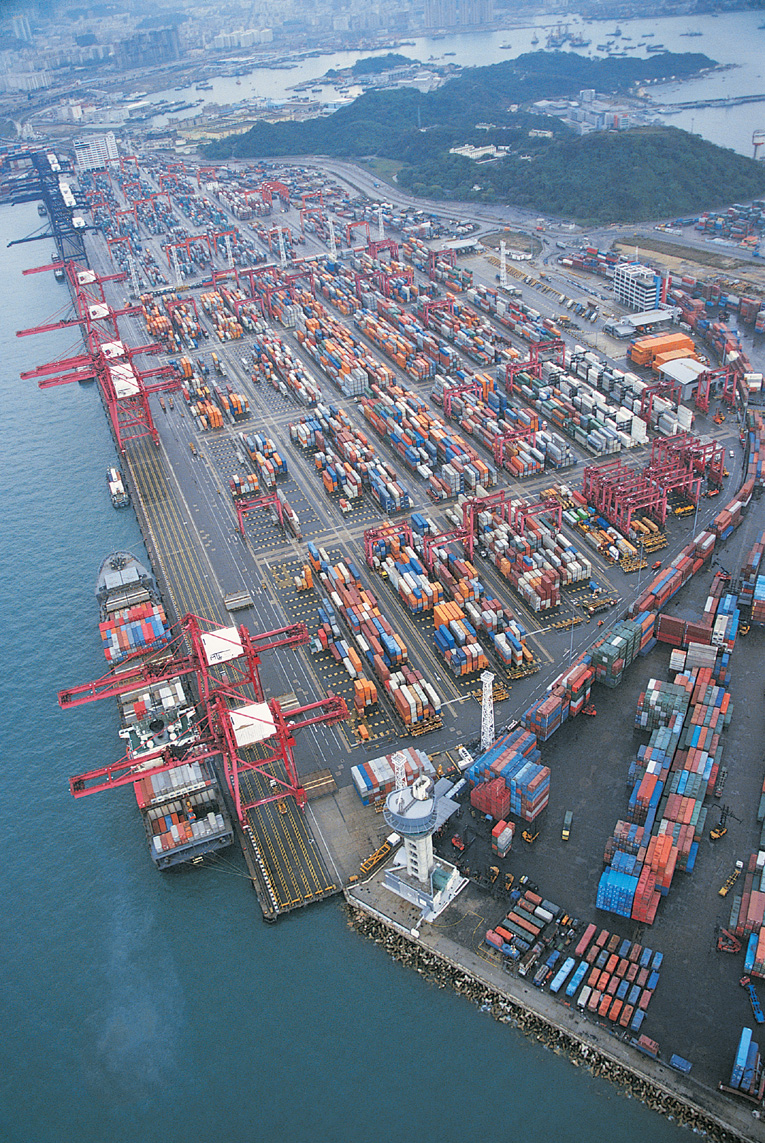Baltic and European news
The European Parliament again puts a brake on the liberalisation of port services
European Parliament - Transport - 23-01-2006For the proposal’s supporters, liberalising port services can contribute to job creation and growth. Its opponents see it as being synonymous with huge job losses and worsening working conditions.
So what is it all about? The legislation would enable service providers to perform pilot services for ships entering and leaving port along with mooring, towing and handling services or to provide passenger services (helping with boarding and disembarking). The European Commission’s proposed bill aimed to modernise and strengthen the competitiveness of European ports, which are the conduit for 90% of trade between the European Union and its external partners.
A quick look back at recent history is needed in order to understand fully what happened in Strasbourg. The first attempt at liberalising this sector was made in 2001. On 20 November, 2003, following intense negotiations with all the parties concerned, Parliament rejected the Commission's proposal.
The main bone of contention was the possibility of ship owners being able to use their own crews to load and unload ships (self-handling to use the technical term). Several political groups, in particular Socialists, Greens and MEPs from the European United Left, opposed this measure. They feared that it would open the door to cheap, non-unionised labour from the third world and, into the bargain, would lead to major job losses among skilled dock workers. Furthermore, it posed a safety threat: ships’ crews do not always have the skills needed to carry out tasks which can turn out to be difficult and dangerous. As a result, thousands of dockers came on to the streets of Strasbourg to demonstrate their opposition to the proposal.
After this defeat, the Commission had to go back to the drawing board. But its proposal, particularly the issue of self-handling, did not find favour with Parliament’s President and the vast majority of MEPs. As EP President, Josep Borrell, commented: “We said ‘no’ once before. It (the Commission) sent the directive back to the kitchen, reheated it and served up the same dish to us again.”
This was the prevailing feeling on Parliament’s benches. “The Commission has sent us a new package with a fresh coat of varnish, but underneath it’s the same thing”, lamented Belgian Christian Democrat Marianne Thyssen. French Socialist Gilles Savary spoke of a “denial of parliamentary democracy” while the view of his German colleague, Wilhelm Ernst Piecyk, was that the directive “belongs in the dockside rubbish container.” For the Dutch Green MEP, Joost Lagendijk, the proposal is “a typical example of legislation which creates more problems than it solves.” Those MEPs furthest on the left were equally critical, calling the text “unnecessary, anti-social and hostile to the economy.” As sometimes happens in the case of complex issues affecting the European construction project, some strange alliances can be formed. Thus UK Conservative MEPs added their voices to those on the left. In their view, liberalisation was unnecessary as it had already occurred in the United Kingdom.
On the opposite side, other MEPs were hoping that Parliament would not reject the text, as in the case of Georg Jarzembowski, the German Christian Democrat who had been given the task of preparing Parliament’s position. Speaking in support of the directive, he said that in return for making a number of adjustments the directive would allow “greater efficiency in port operations and lower costs for consumers, while guaranteeing fair market access.” He also noted that ship owners and transporters are in favour of legislation which allows them to “select the best price and to break up monopolies.” MEPs from the Liberal group were also sharply divided. Some supported Mr Jarzembowski’s proposals while others voted against.
There were also divisions among the sea transport professionals who had been regularly consulted. Dockworkers were the most critical and they came in their thousands to Strasbourg to express their wrath. In their eyes, the European Commission, by maintaining its position on self-loading, had turned a deaf ear to their demands.
What’s going to happen?
The ball is in the European Commission’s court. Jacques Barrot (France), the Transport Commissioner, said at the end of the vote that he “was going to consult with the other Commissioners in order to draw conclusions.” However he made it clear that he hoped to “continue working with all those concerned to lay the foundations of a European ports policy.”
Story:
REF.: 20060123STO04583
Follow-up:
Transport and Tourism Committee Transport and Tourism Committee
More details about the plenary debate on port services Background


